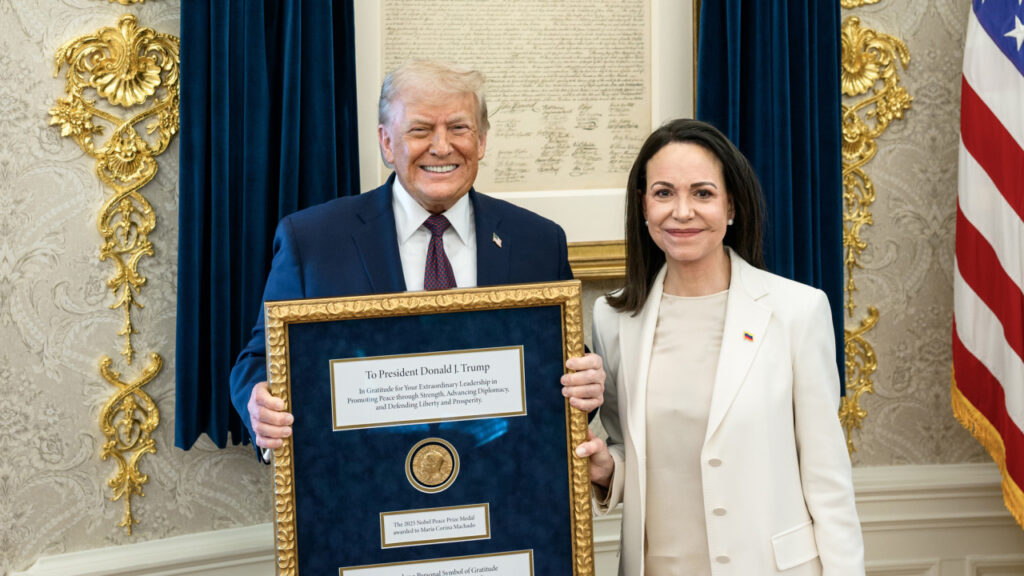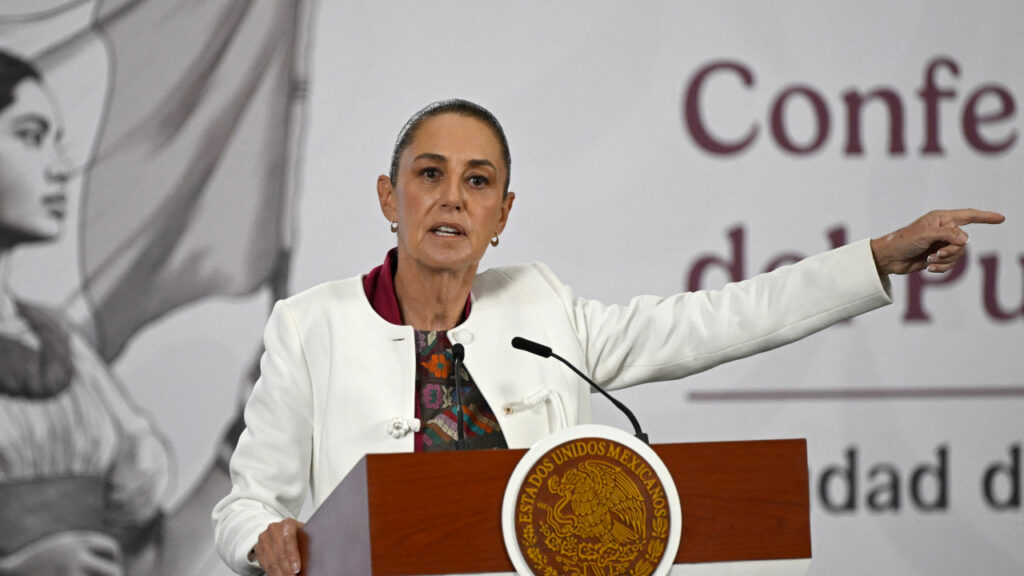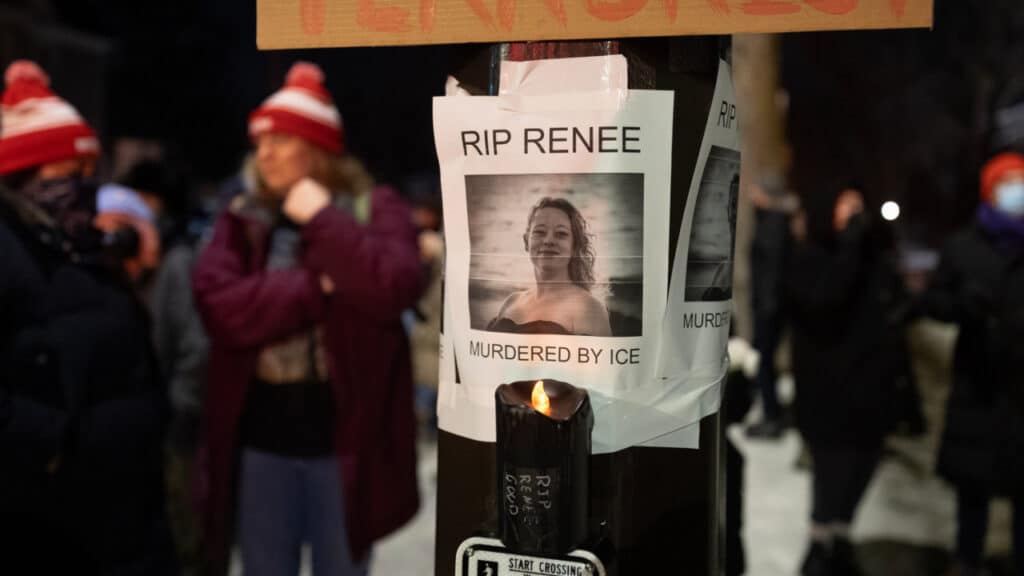Drug Gang Femicide Broadcast Live Ignites Outrage Across Argentina
The story traveled fast. Three young women went missing in a Buenos Aires suburb. Days later, their families learned the worst. Then came the gut punch: investigators said perpetrators livestreamed the torture and killings to a private audience. People filled the streets, carrying their names: Lara. Brenda. Morena. The grief felt heavy. The message from marchers felt clear.
In Argentina, thousands march with the families
Crowds moved toward Congress in Buenos Aires and called for justice. Relatives held a banner with the victims’ names and photos. “Women must be protected more than ever,” said Brenda’s father, Leonel del Castillo. Her grandfather called the killers “bloodthirsty.” “You wouldn’t do what they did to them to an animal,” he said.
What investigators say happened
Police believe a drug-trafficking group lured the three into a van on 19 September with a promise of a party. Officials described the killing as a “punishment” meant as a warning. Buenos Aires provincial security minister Javier Alonso said a suspect revealed a video during questioning. In it, a gang leader said, “This is what happens to those who steal drugs from me.” Five days later, authorities found the bodies after the group went missing, buried at a property in the southern suburbs.
Argentina watches a case unfold and asks hard questions
Police have detained five suspects, three men and two women. A 20-year-old Peruvian man, who officials describe as the alleged mastermind, remains at large, those outlets reported. The police arrested a fifth detainee in the Bolivian border city of Villazón and accused him of logistical support. The Guardian reported claims that the victims were lured with a $300 offer for a “sex party,” and that the livestream ran inside a private Instagram group of about 45 people, per officials cited by multiple outlets.
“There are no good or bad victims”
At the march, signs read “It was a narco-femicide!” and “Our lives are not disposable.” Similarly, organizers rallied under the banner “There are no good or bad victims, only femicides,” EFE reported. AFP also quoted demonstrators who criticized coverage that fixates on the girls’ personal lives while obscuring the perpetrators. A cousin told the media the two 20-year-olds had at times engaged in sex work “to survive.” Lara’s aunt said claims tying the 15-year-old to drugs or prostitution were false. “We want justice to be done,” she told AFP.
Reports on the livestream and what platforms say
Officials said the crime was streamed live to a private account. However, Meta disputed that it occurred on Instagram. “We have not found any evidence of the livestream taking place on Instagram,” a spokesperson told AFP. The investigation continues.
The brutality described in local reporting
Argentine outlets reported torture that included beatings, suffocation, and the cutting of fingers and nails. People Magazine, citing local media and officials, reported the remains were found in a well at a “house of horrors,” and that autopsy details documented extreme violence. Families held closed-coffin burials.
Femicide in Argentina by the numbers
A femicide monitoring group cited by the BBC says a woman is killed by a man every 36 hours in Argentina. Femicide has been an aggravating factor in the penal code since 2012 and carries a life sentence, The Guardian noted. The Council on Foreign Relations reported that earlier this year, President Javier Milei said he wanted to remove the concept of “femicide” from the penal code, arguing it implies a woman’s life is valued differently.
Argentina confronts narco violence and state gaps
The Guardian reported that investigative journalists and community advocates see a shift toward more public brutality tied to drug networks. Activists in Buenos Aires-area barrios told the outlet that poverty and cuts in public services leave young people exposed to recruitment and coercion. The Catholic diocese of San Justo said that when the state retreats, “a culture of destruction and death” can spread.
Families speak, and a city listens
At the march, Laras’s, Brenda’s, and Morena’s loved ones stood before cameras with tears and resolve. “I have hope that the truth will be revealed,” said the girls’ grandfather. “I ask people to stand with us.” On signs, one line kept repeating: “No hay víctimas buenas o malas. Solo femicidios.” In their names, the call for justice carried through the crowd.




